The only thing that's going to stop us is if we stop ourselves.
Weekly Directed By Women Viewing Guide
In this week’s newsletter, which is up early due to the holiday week, I am recommending several films by indigenous filmmakers or about the indigenous experience, an independently distributed documentary about the forming of the first Amazon union, a filmic essay about the history of witches and postpartum depression, a Peruvian family drama, and a short Palestinian documentary about film as cultural archive.
This is a reader-supported publication. If you enjoy reading, please consider upgrading to a paid subscription. New paid subscribers receive 20% off for life from now until the end of the month:
I really loved Marie Clements’ Bones of Crows when I saw it at TIFF in 2022 and am so excited that it’s finally made its way to the U.S. The film can be watched on Hulu. Inspired by true events, the film spans a century, starting the 1920s, and centers on Cree matriarch Aline Spears (played at different ages by Summer Testawich, Grace Dove, and Carla-Rae), who, along with her siblings, is forcibly removed from her parents and forced to attend one of Canada’s infamously abusive residential schools. We then see her as she becomes a Cree code-talker during WWII, and later confronts the Pope for the Catholic Church’s part in running the residential schools. It’s a deeply felt examination of generational trauma, cultural genocide, and indigenous resilience. Here is a little bit from my review I wrote out of its world premiere:
While Clements’s script touches on seemingly every possible kind of trauma, abuse, and prejudice faced by Ingenious people, it never once feels like a pile. Through Maxime Lahaie’s excellent editing, the story weaves in and out of the different timelines with ease, allowing the weight of each moment to settle and each agony room to breathe fully. This pacing focuses the story on Aline’s growing fortitude rather than dwelling on her suffering. It is a credit to Dove’s immense talent, as she carries the emotional weight of this woman and the film so squarely on her shoulders.
Pioneering filmmaker and activist Alanis Obomsawin has a brief cameo in Bones of Crows so I wanted to recommend one of her films as well, many of which can be streamed for free on the National Film Board of Canada’s website. In Xúsum, a short film from 1975 that was part of a series of short films she made while visiting the Stl’atl’imx (Líl̓wat) Nation, an Interior Salish First Nation in British Columbia, Obomsawin follows the process of making a sweet treat called gwùshum, from the harvesting of berries to the joy of eating it. You can stream both the Salish version or English version on the NFB website.
One of my favorite docs I saw at TIFF this past year was Elizabeth Lo’s Mistress Dispeller, which I will write more about when the film comes out next year, so I was excited to discover that DA Films has several of her films streaming right now. In her short film Bisonhead, she follows a family from the Pend d'Oreille tribe as they trek through Yellowstone National Park in Montana to exercise their treaty hunting rights, while also contextualizing the way the extermination of bison by the U.S. government was an attempt to exterminate the indigenous people as well. A warning though: the film begins with the death of bison as it depicts their traditional hunting practice. You can stream the film here.

As we head into Black Friday and Cyber Monday, instead of supporting mega-corporation Amazon, Stephen Maing and Brett Story, the filmmakers of the searing documentary Union, urge to instead you watch their film about the trials and tribulations of workers trying to form the first Amazon union at a fulfillment center in Staten Island. The cinéma vérité style documentary shows just how grueling this process is and how fragile workers rights are here in supposedly the most powerful country in the world. The film is streaming for five days only, from November 29th through December 3rd. You can pre-order the stream here or pay it forward so that Amazon workers and drivers can watch the film for free, and perhaps join the union. You can learn more about the film here and watch more films from director Brett Story here.
Elizabeth Sankey’s deeply personal documentary Witches explores her own experience with postpartum depression through an examination of the real history witches and witch hunts— including pouring over hundreds of “confessions” from women accused of being witches, as well as the depiction of witches, and other “mad” women, in cinema. I love the way Sankey uses film clips to underscore her thesis to craft an excellent filmic essay on a topic that is still so taboo -- female madness and in particular postpartum depression and psychosis, but it also explores the way women's overall health is still often neglected and how over the centuries the traditional medical and medicinal knowledge of women healers has been lost due the persecution of these women and the privatization of medicine. An essential doc in an era where suicide by new moms is increasing and the mortality rates of mothers in general is rising because of both neglect and harmful laws (especially in the U.S.). Her film would make an excellent triple feature with other films about postpartum struggles like Tully and Nightbitch, or a double feature with Benjamin Christensen’s excellent silent documentary Haxan, which linked female hysteria with medieval accusations of witch craft. It is also in a way in conversation with Aftershock, Tonya Lewis Lee and Paula Eiselt’s timely examination of the failures of the U.S. maternal health system. You can stream the film now on Mubi.
Set during the social and political chaos in Lima during the summer of 1992, Klaudia Reynicke’s Reinas follows sisters Lucía (Abril Gjurinovic), Aurora (Luana Vega), and their mother, Elena (Jimena Lindo), as they plan their immigration to the United States. This includes one last farewell with their estranged father, Carlos (Gonzalo Molina). Although the film explores weighty topics, it’s filmed with a beautifully light touch, the way you might remember your childhood when looking back as an adult. The family here has perfectly shaggy family dynamics that adds to the rich texture of its world building. It’s also got one of the best soundtracks of the year, using songs in evocative ways that really tie the vibe of the film together. The film opens this week at Cinema Village in New York City and the Laemmle Royal in Los Angeles. You can learn more about the film here.
Lastly, this week’s pick from the Palestine Film Index is Sarah Wood’s For Cultural Purposes Only. The film takes its name from text filmmaker Annemarie Jacir had written about her experience of curating a festival of Palestinian film in New York. Wood calls her short “An experimental film essay investigating the cultural importance of cinema.” During the Israeli siege of Beirut in 1982 the Palestinian Film Archive, which contained over 100 films showing the daily life and struggle of the Palestinian people, was destroyed and only a few films survived. In Wood’s film interviewees, including Jacir, describe from memory moments from films that have stuck with them. These memories are then hand drawn and animated. Some of the films do actually survive, and in those cases Wood contrasts that memory with the real thing. Wood has said that the film is “about reconstruction and the idea that cinema is an expression of cultural identity - that cinema fuels memory.” At just eight minutes long, For Cultural Purposes Only is a brief, but powerful film about the importance of cinema as a form of archive, specifically of culture and human existence. It felt very much in conversation with two other documentaries that I have seen this year: A Fidai Film and My Stolen Planet. You can stream Wood’s film now on Vimeo.





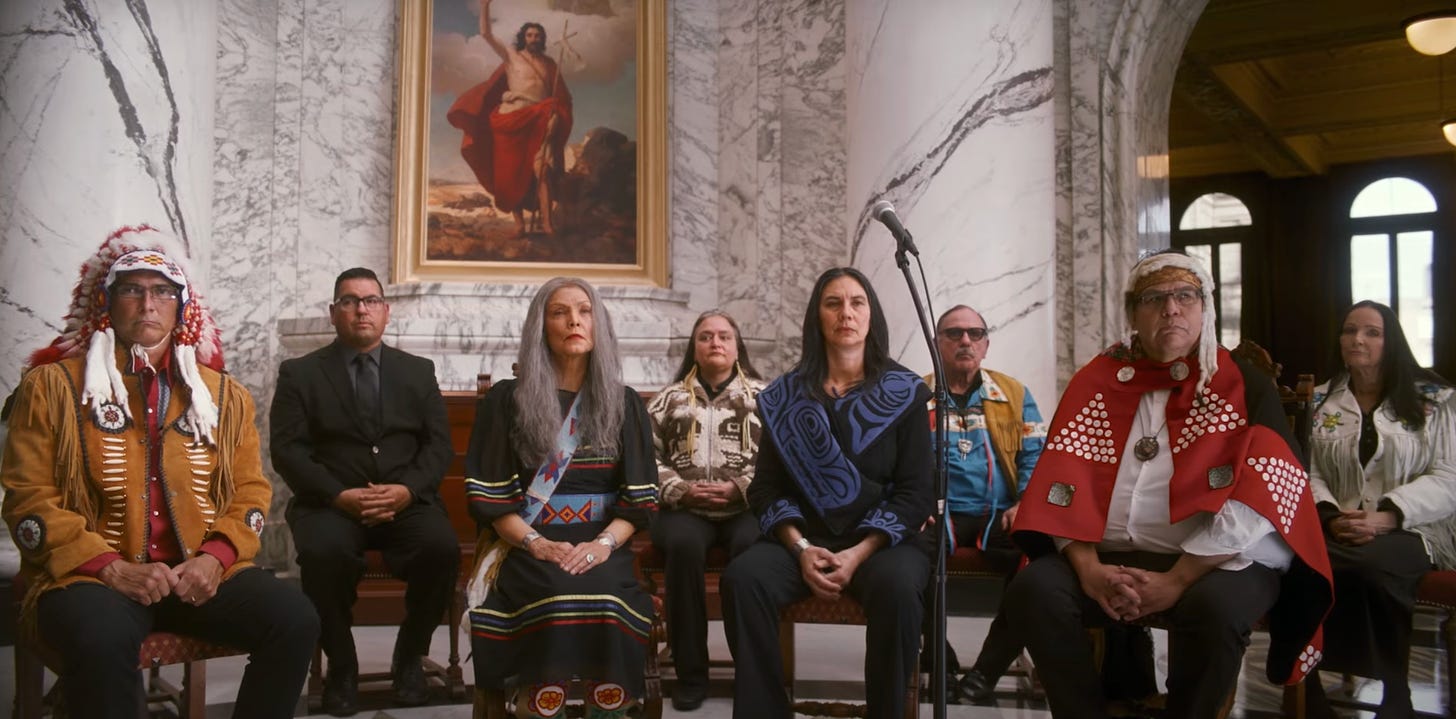
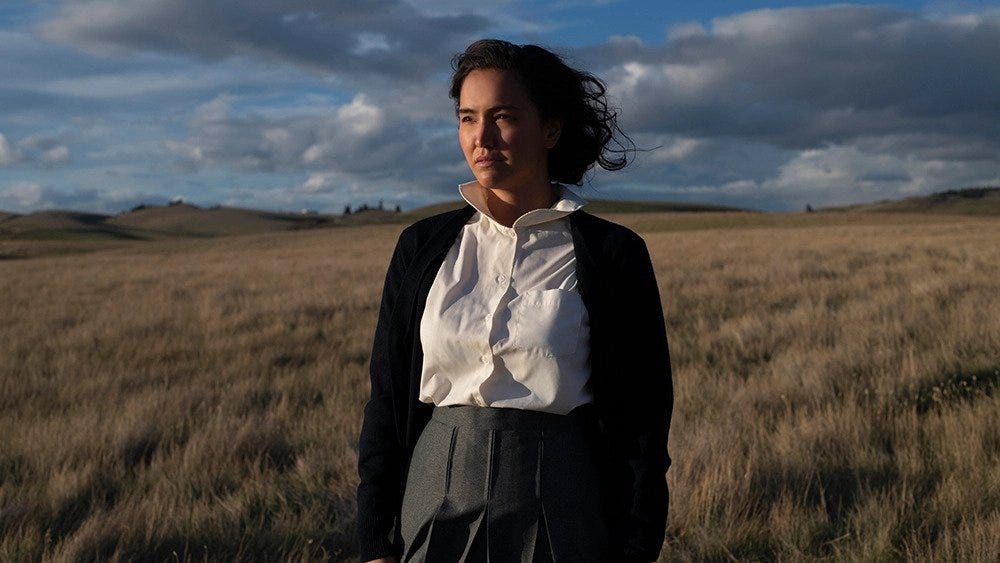
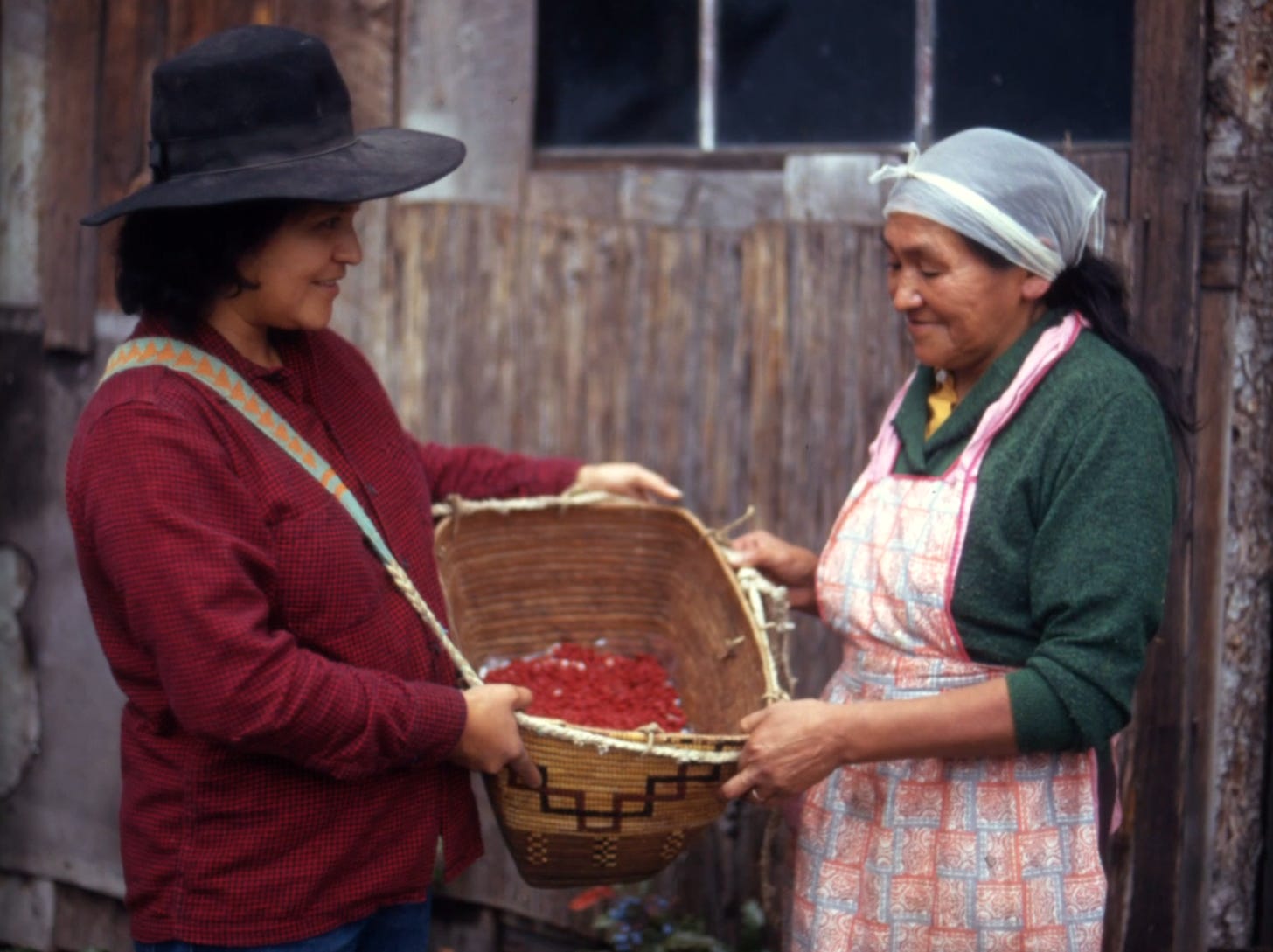
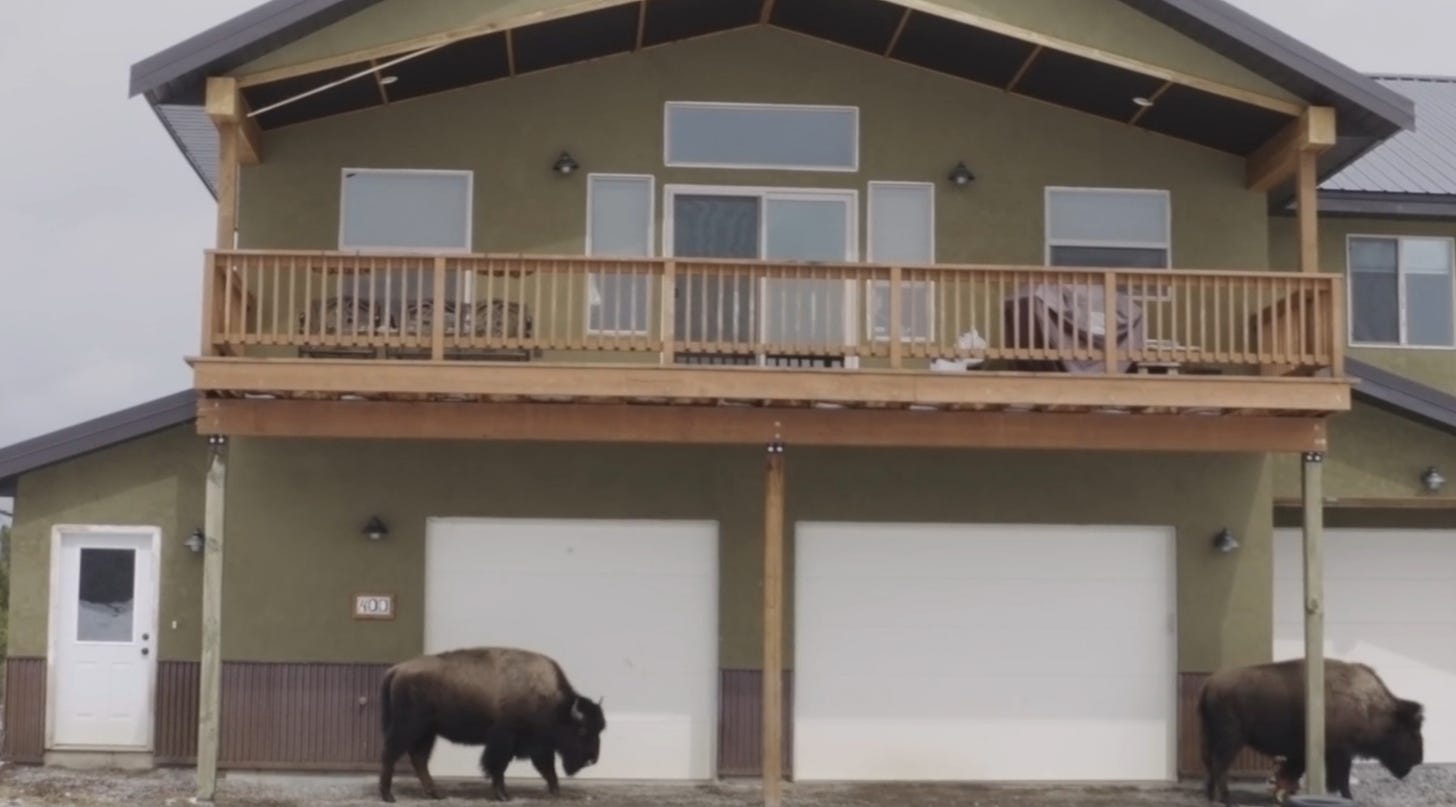
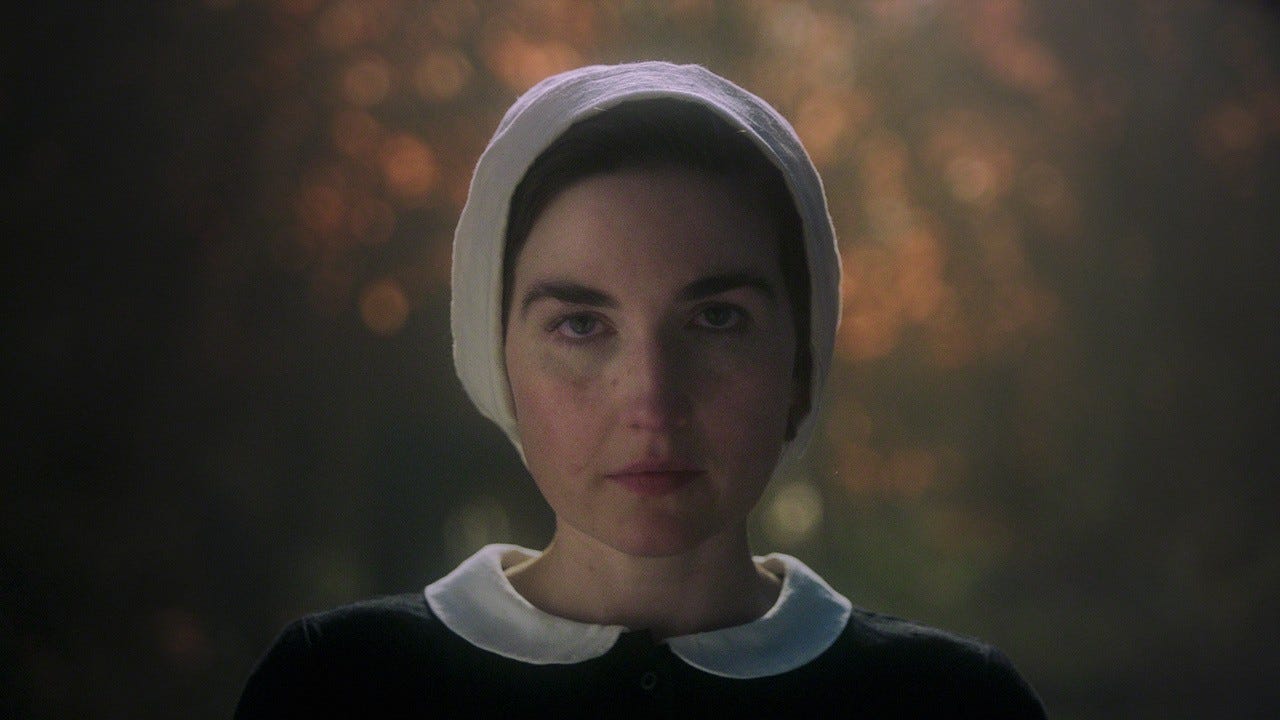
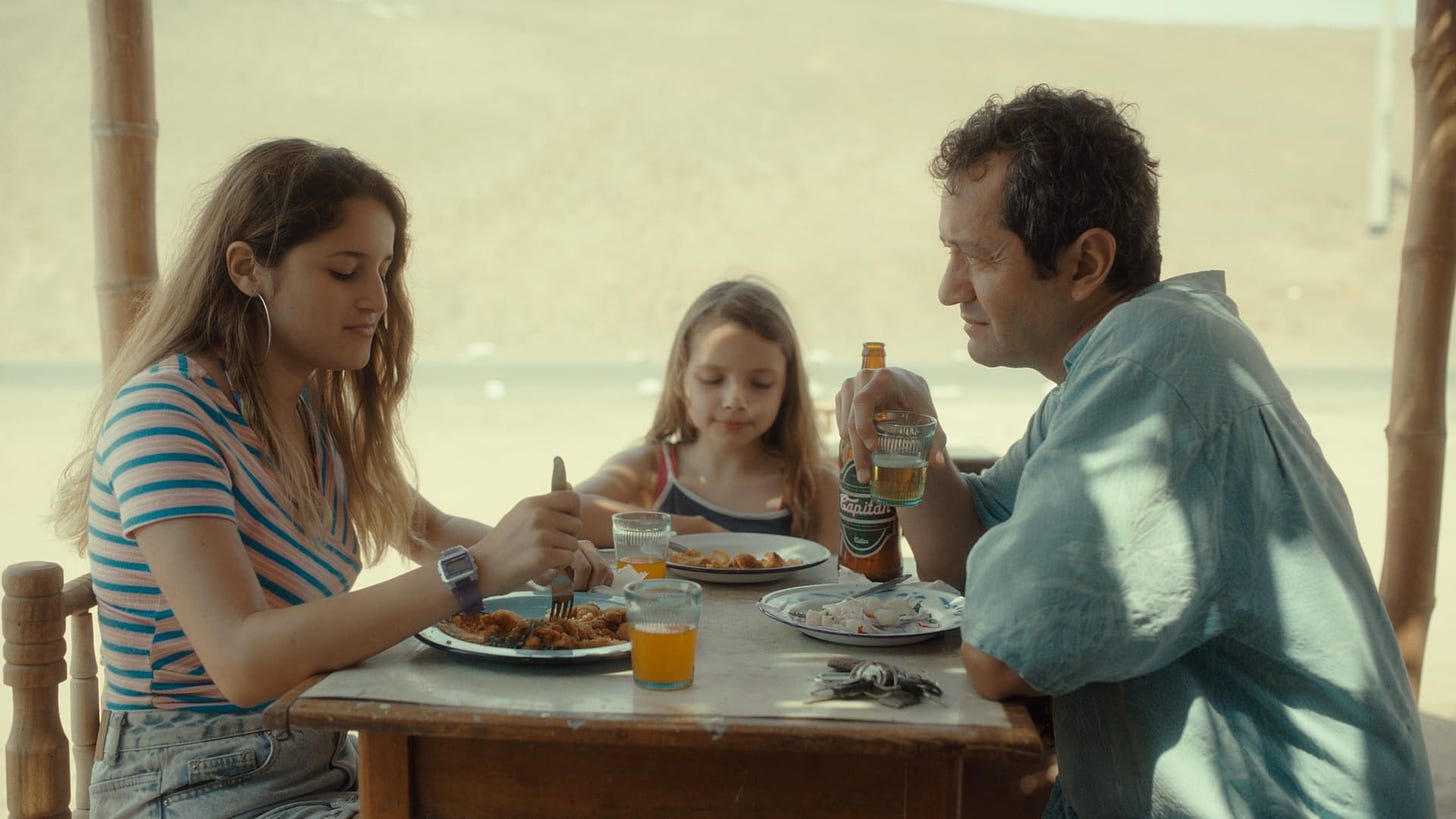
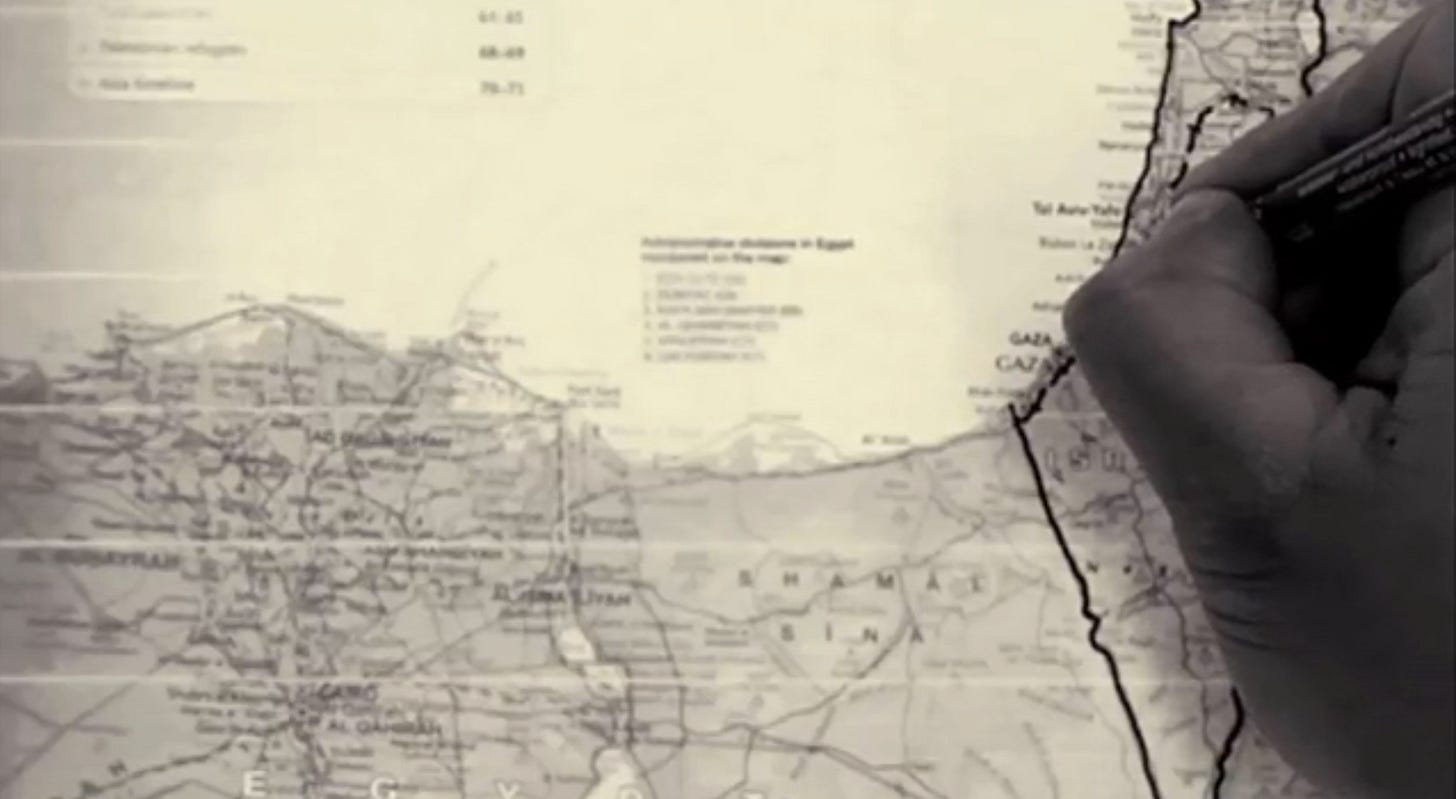
Saved Crows and Witches to watch this week. Thanks for the recommendations, as always <3